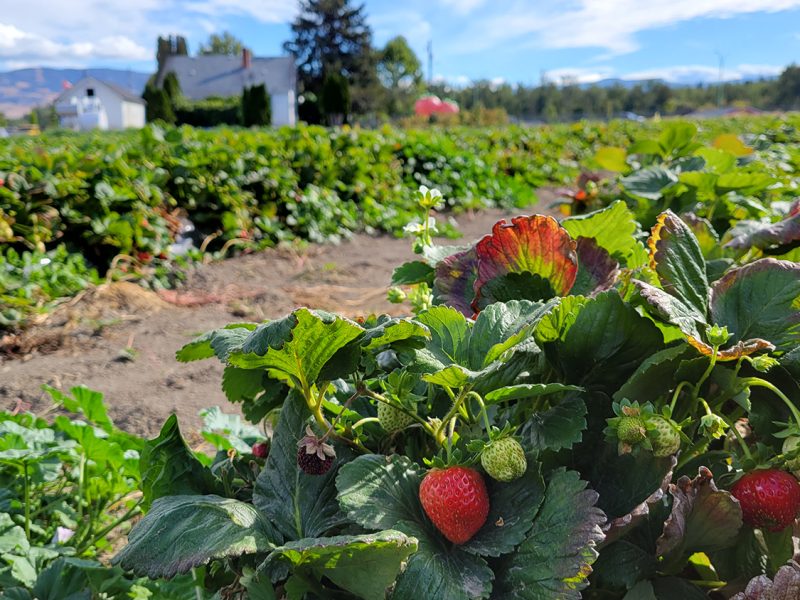CanadaGAP is a linchpin of foodsafety for many horticulture operations across Canada, and BC’s flourishing fruit and vegetable farms make it one of the best-represented jurisdictions in the program.
But last year also saw it log one of the steepest declines of any province in the country.
CanadaGAP’s annual report for the year ended August 31, 2023, released February 9, reported a total of 2,978 participants nationwide in 2023, down 4% from a year earlier.
But in BC, the number of program participants was 1,042, down 11.4% from a year earlier.
Small fruits (berries) make up the largest segment of program participants, at approximately 40%, followed by tree fruits ad vine at approximately 35%. Vegetables account for about 20%.
CanadaGAP attributed declines nationally to a number of factors, including the shift to certification programs not recognized by the Global Food Safety Initiative.
“There has been an overall decline in participation since last year, due to a growing number of retirements from farming, increased consolidation within the industry, and movement
to food safety audits and certification under non-GFSI-recognized programs,” CanadaGAP reported.
This continues a trend first seen in 2021, when CanadaGAP posted its first decline in participation since the program was formally established by Fruit and Vegetable Growers of Canada (formerly the Canadian Horticultural Council) in 2008.
A revision of CanadaGAP standards to align with the stringent GFSI standards was partly responsible for the initial drop three years ago.
CanadaGAP announced two new options for non-GFSI-recognized certification in an effort to retain registrations, but the latest report shows that these have had limited success.
Program enrolment peaked in 2020 at 3,233 producers nationally, of which 1,196 participants were in BC.


 Cariboo potato a case study in local resilience
Cariboo potato a case study in local resilience